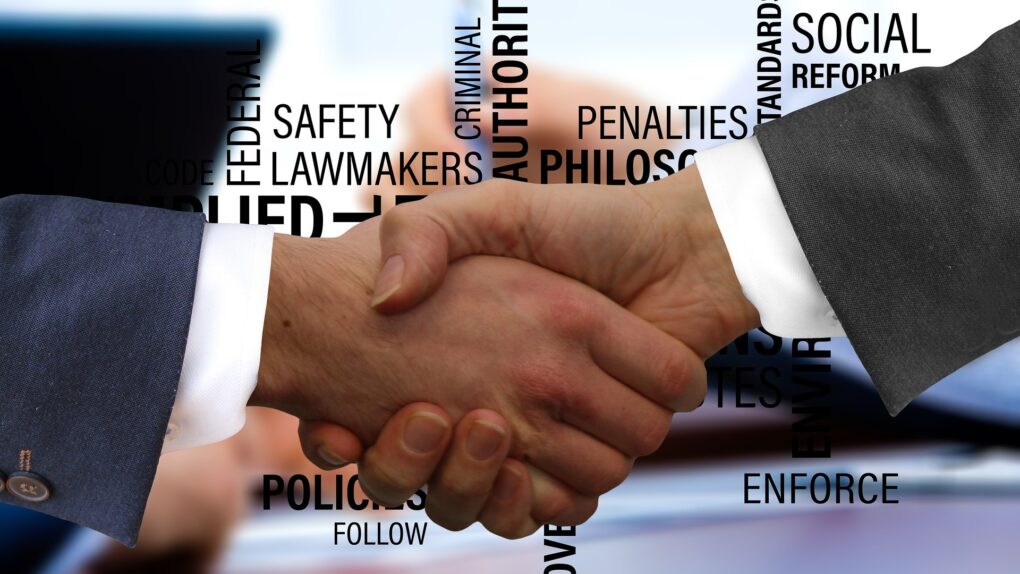Although federal law has allowed alcoholic beverages within the United States for 85 years, local governments in any one state can restrict alcohol consumption within their borders. And four of the 50 states do monitor the health of their residents on more than just an advisory basis.
Mississippi was the last state to repeal Prohibition in 1966, but if you travel across the country, you can’t carry alcohol through its “dry counties” until now. Half of Mississippi’s counties strictly restrict many aspects beyond the direct consumption of alcohol: production, transportation, advertising and distribution.
And Massachusetts has no such thing as happy hours. Throughout the rest of the world, happy hours are introduced to reduce the cost of drinks, but residents and visitors to this state must pay full price regardless of the time of day or day of the week. Some establishments in the state do not accept IDs issued in other states.
Instead, bar patrons must present a passport – this despite the fact that Americans essentially only need a passport to travel abroad.
In Oklahoma, the ban on the sale of alcohol was not repealed until 1959, and restaurant owners were not allowed to serve cocktails until the early 1980s. The state also has a “sin tax,” which is an excise tax of 13.5% in addition to the cost of the drink itself.
The so-called “Sin tax” in America is levied on goods deemed harmful to society. These include alcohol and tobacco products, pornography, and gambling.
The strict treatment of alcoholic beverages in Pennsylvania is due to the historically large number of Quakers, adherents of one of the Protestant religious movements. Quakers, or “tremblers before God,” abstain from the use of alcohol, tobacco, and drugs, and they still hold positions in city government.
The fourth state with a strict restriction is Utah. In restaurants, bartenders are required to mix drinks containing alcohol separately from non-alcoholic drinks and behind a curtain. In other words, you can drink the drinks, but you can’t watch them being made. Also, any type of alcohol must be ordered with food, or at least snacks. Grocery stores and grocery stores in Utah can only sell beer, which has an alcohol content not exceeding 3.2 percent, and a cocktail must not contain more than 30 ml of hard liquor.
Our former compatriot Maria encountered echoes of the old ways during a trip to Utah.
In one of the bars she could not sell alcohol without an AA membership, which could be purchased for $20. She also found that the same type of alcoholic beverage could not be reordered.
“If something isn’t listed on the menu, it doesn’t mean the bar doesn’t have alcohol – you have to check with the bartender. It was explained to us that it has to do with Mormon laws,” Maria said.
According to the latest data, Utah is 58 percent made up of supporters of the Church of Jesus Christ of Latter-day Saints, also known as Mormons. Because most radical religious movements prohibit the use of alcohol, laws in some states and counties depend directly on the creed of most of its residents.
Perhaps the most ironic legislation operates in Tennessee’s “dry county,” Moore County. It is there that the town of Lynchberg is located, which has the oldest distillery in the United States, where one of the most famous American brands of whiskey is produced, and its 48 warehouses store more than 200 million liters of the drink.
In order not to break the law, the distillery management has located its warehouses on a hill outside of Lynchberg, the sale of collectible bottles is for tourists only. Alcohol cannot be purchased at any other store or restaurant in Moore, so residents who have not traveled outside the county are unlikely to have tasted the drink for which their state is world-famous.
